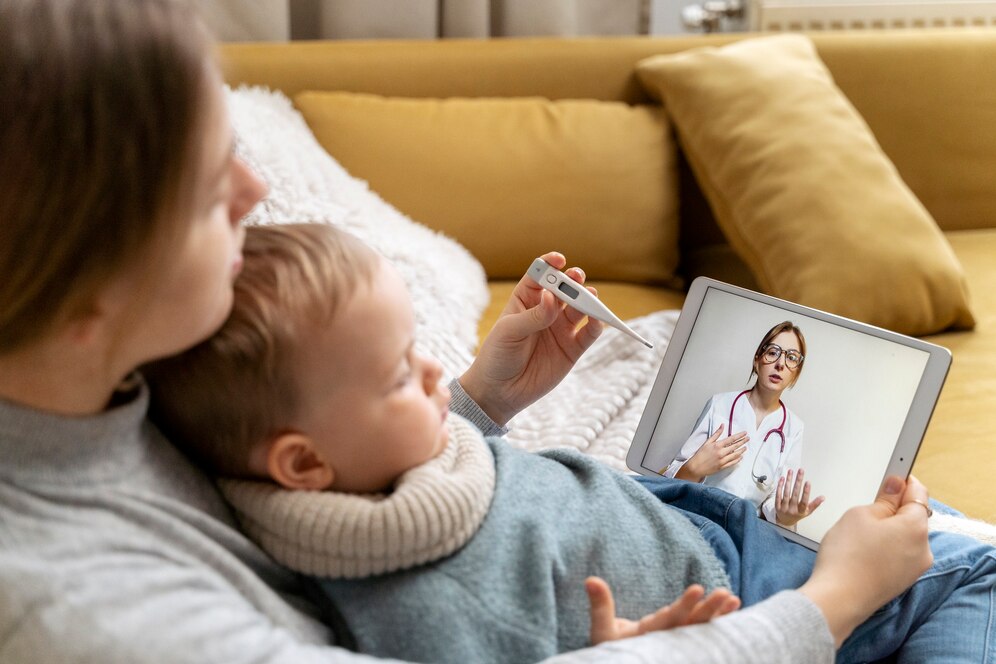Physical Activity: Its Role in Early Development

Physical activity plays a crucial role in the early development of infants, laying the groundwork for a lifetime of health and well-being. Engaging in regular movement not only supports physical growth but also enhances cognitive, social, and emotional development. As parents and caregivers, understanding the importance of physical activity during infancy is essential for promoting a healthy lifestyle.
Enhancing Physical Health
Infants are naturally inclined to move; from rolling over to crawling and eventually walking, movement is integral to their development. Physical activity strengthens muscles and bones, promotes cardiovascular fitness, and aids in maintaining a healthy weight. When infants engage in active play, they develop coordination, balance, and motor skills, which are vital as they grow older.
Additionally, physical activity supports the development of the brain. Research shows that active play stimulates brain development by promoting the formation of neural connections. This not only enhances motor skills but also supports cognitive functions such as problem-solving and spatial awareness.
Cognitive and Emotional Benefits
Beyond physical health, movement plays a significant role in cognitive development. Engaging in physical activities helps infants explore their environment, fostering curiosity and learning. Simple actions like reaching for a toy or moving towards a sound stimulate sensory experiences that are essential for brain development. Active play also encourages infants to experiment and discover cause-and-effect relationships, laying the foundation for critical thinking skills.
Moreover, physical activity can positively impact emotional well-being. Active play provides opportunities for infants to express themselves, experience joy, and develop resilience. Movement releases endorphins, which contribute to a sense of happiness and well-being. This emotional uplift is crucial in building a secure attachment between infants and their caregivers, fostering a strong bond that supports overall development.
Social Skills Development
Physical activity also serves as a catalyst for social interaction. As infants engage in play with their peers or caregivers, they learn essential social skills such as sharing, cooperation, and communication. Group activities, like playing with balls or participating in guided play sessions, provide opportunities for infants to observe and imitate others, enhancing their social learning.
Encouraging active playtime helps infants develop social connections, which are vital for emotional health. Positive interactions during physical activities contribute to a sense of belonging and security, which can lead to greater confidence in social situations as they grow.
Recommendations for Encouraging Physical Activity
To foster a love for movement, parents and caregivers should create an environment that promotes physical activity. Here are some simple strategies:
- Create Safe Spaces: Designate safe areas for infants to explore and play freely. Ensure the environment is free of hazards to encourage crawling, rolling, and walking.
- Engage in Interactive Play: Join your infant in playtime activities. Simple games like peek-a-boo, rolling a ball back and forth, or dancing to music can promote bonding while enhancing physical activity.
- Limit Screen Time: The American Academy of Pediatrics recommends limiting screen time for infants. Instead, encourage active play and exploration.
- Encourage Movement: Provide toys that encourage reaching, grasping, and movement. Soft balls, colorful blocks, and push toys can motivate infants to be active.
- Model Active Behavior: Be a role model for physical activity. Infants often mimic the actions of their caregivers, so engaging in active pursuits together can set a positive example.
Conclusion
Physical activity is a fundamental aspect of early development that supports not just physical health but also cognitive, emotional, and social growth. By recognizing its significance and fostering an active environment, parents and caregivers can help infants develop healthy habits that will benefit them throughout their lives. As we nurture their curiosity and zest for movement, we lay the foundation for a brighter, healthier future.




